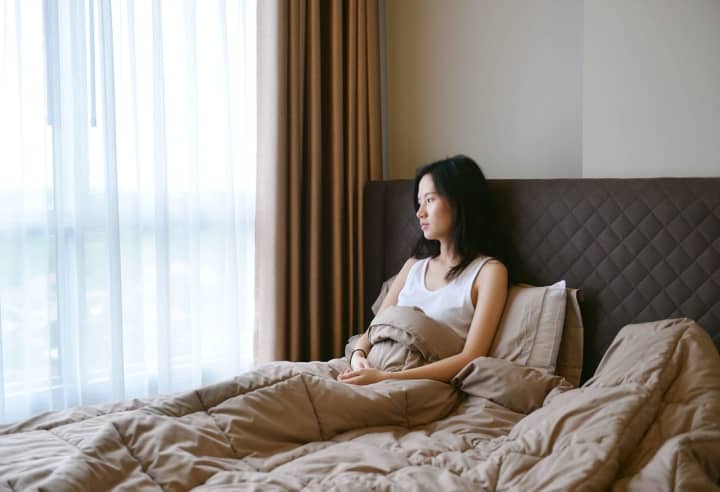"Some people notice symptoms of depression mainly in the fall and winter months, when the days are shorter and there is a lot less sunlight," said L. Mark Russakoff, the Director of Psychiatry at Phelps Hospital. "They don’t feel this way other times of year. These symptoms can include not just feeling down in the dumps, but also overeating, craving carbohydrates and sleeping too much."
This type of selective depression is known as Seasonal Affective Disorder and occurs when the body becomes negatively affected by reduced sunlight during the change in seasons. Those suffering from SAD typically begin to experience these negative effects as days begin to shorten and the amount of sunlight reduces during the fall and continues throughout the winter.
"If you have a seasonal pattern to your depression, one of the most effective treatments is light therapy," said Dr. Russakoff. "This entails sitting in front of a special light box for 30 minutes a day, usually in the morning."
Additionally, he recommends patients seek out as much natural light as possible, often through activities such as exercise. In addition to helping overall fitness, working out strengthens mental capacity as well. The holiday season may make it more difficult to resist overeating of carbohydrates but sustaining a healthy diet is important. Sleep is also important, and in SAD there is a tendency to oversleep which should be resisted.
Lastly, Dr. Russakoff recommends avoiding retreating from contact when seasonal depression sets in. Instead, look for activities that are enjoyable and help promote interaction with friends and family.
"It’s important to reach out to other people and have a good social support network in place for when you’re feeling down," he said. "Make a plan to walk with a friend, get a cup of coffee or talk on the phone. Staying connected will help."
For more information about behavioral health services at Phelps or to make an appointment with one of our counselors, click here.


